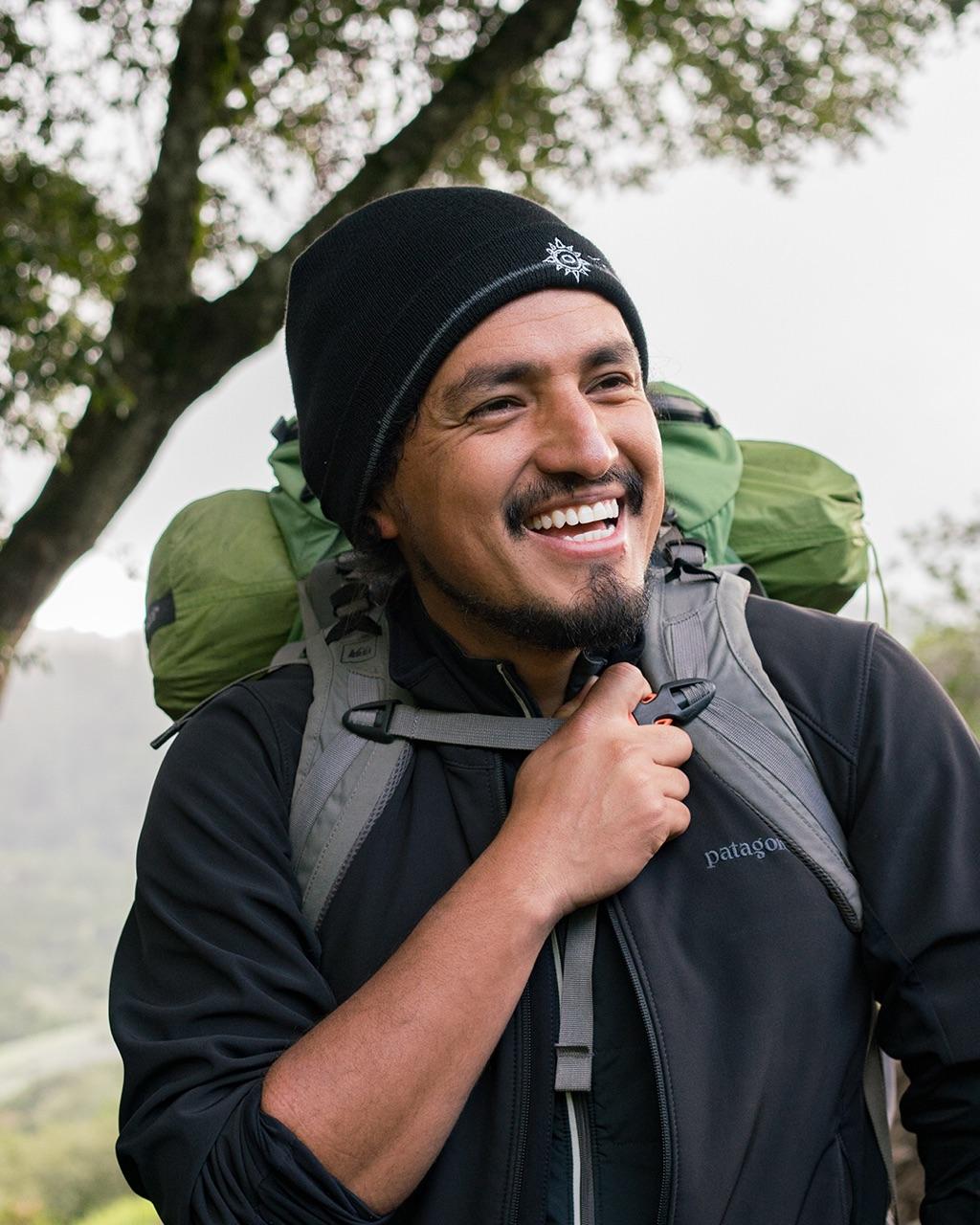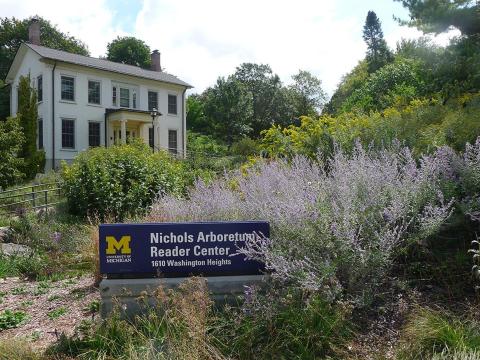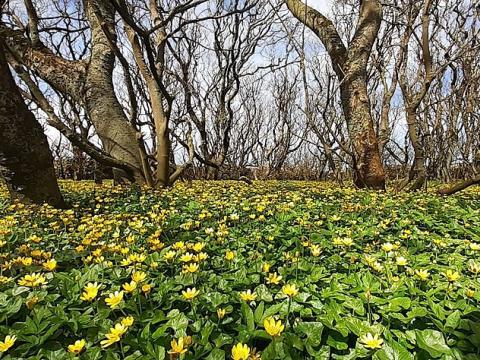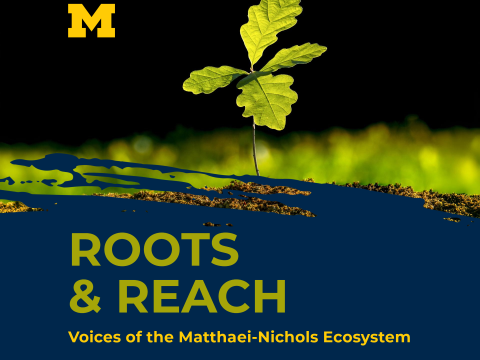
José G. González
During our Ways of Play Symposium on April 13th, we will welcome José G. González as one of our Keynote speakers. We are excited to share this interview with you:
Mr. González, thank you for joining us at the Ways of Play symposium. Could you begin by describing how Latino Outdoors and your work have shaped the conversation around equitably strengthening the relationship between children, especially those in culturally diverse communities, and the natural world?
For me it starts with that question of relationship-- what supports thriving relationships between ourselves and with the land? That starts with both an interrogation and examination of what we take as normative as obvious to us that may not be true for others and leads as an invitation to difference. And in those connections, much like the edge effect of an natural ecotone, it’s a zone of abundance and opportunity.
How do you view the role of nature-based play in bridging the gap between children, particularly those in underrepresented communities, and the natural world? What specific actions can organizations take to position humans as active participants within their environment?
We sometimes say that nature is an “equalizer” in that it does not have the same layers of systemic layers of oppression that we as humans created. Which is partly true because it can be hard to escape the layers of our human systems. Yet, by engaging in nature play it can be an immediate immersion into a space that nature has designed so well: a space of complexity with which we evolved and is restorative. And that can include awe, inquiry, reflection, and a range of engagements that are critical to the physician, cognitive, and emotional development of youth. And it can start by going out and being in nature as a part of nature, not apart from nature.
Drawing from your broad experience with equity and inclusion, what are the key elements that symposia like Ways of Play should aim to catalyze in order to establish a framework that ensures every child has the same opportunity for nature-based play?
Symposia like Ways of Play are critical to provide the frames, research, literature, and examples that people may sometimes need to structure their approach. It’s like when we’ve experienced something but we might not have the words for it and then learn there literature behind it. Or perhaps like when we know we might need to exercise but we want to do it ways that helps us not hurt us.
With your roots both in UC Davis and the University of Michigan's School of Natural Resources & Environment, what role do you see for higher education institutions, in collaboration with natural settings like MBGNA, in advancing nature-based education and play?
Research is critical for this work while also noting that education is not just about information dissemination. It includes work around values, attitudes, emotions, and other elements that play a role in how we learn and approach this work. We know it’s not just about the facts, it’s about how people connect, and the relationships they develop. And higher education institutions are critical in contributing to that.


